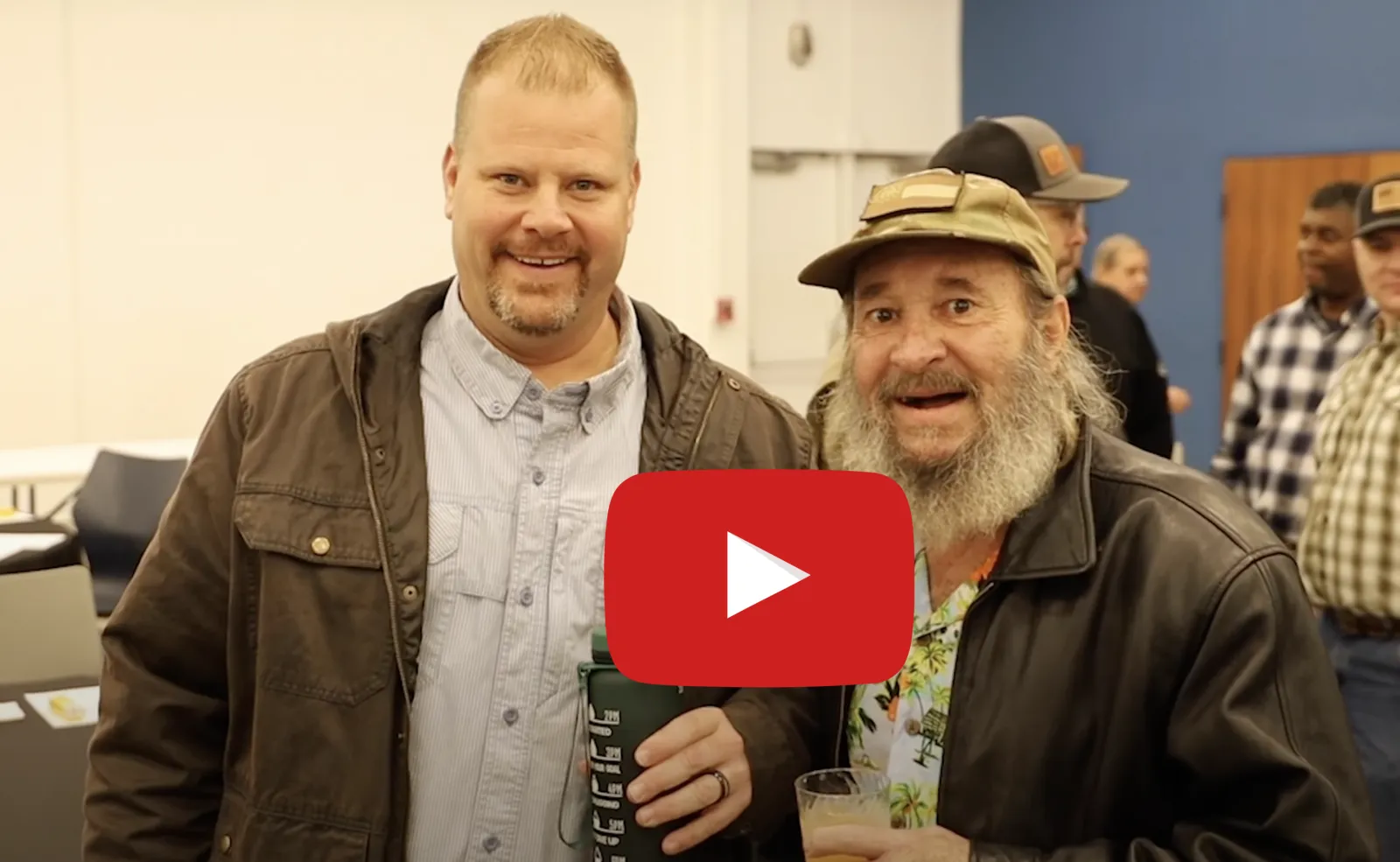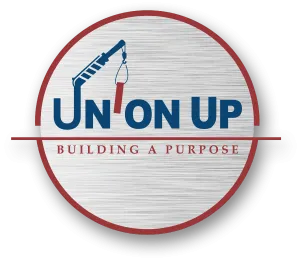
Solidarity Sunday: Spring Cleaning
Spring cleaning is a good idea to get rid of clutter and keep your house in order. But have you ever considered doing a "digital spring cleaning"? Every nano-second you are online you leave behind digital clutter called "footprints" that if you don't clean up, can leave you vulnerable. You leave two kinds of footprints: Active and Passive.
- Active footprints: voluntary info you put out there such as social media comments, filling out a web form, accepting tracking cookies, etc.
- Passive footprints: Websites documenting how often you visit their site, scanning your browsing history, tracking how you arrived on their site, as well as social media sites tracking you.
Once your information is shared online, its difficult (if not impossible) to remove it. Do your due diligence to protect yourself. Cybercriminals, contractors, political opponents, you name it, can and may use your info against you. Here are 10 Spring Cleaning steps you can take:
1. Find Your Footprints
Google yourself. Pay attention to what you find and determine if there are any negative results. If there are, contact the website owner and request the information to be removed. Look through your social media accounts and review what data is public. Any old photo albums, tweets or comments that should be hidden, update your privacy settings or delete them altogether.
2. Limit the Data You Share
Become more vigilant about the data you share online.
3. Clear Your Digital Trail
There are websites with public information about you that you'd rather not be shared, like on a real estate website or whitepages.com. These can include personal information like your home address, age or phone number. Contact these sites and request your information be removed.
4. Avoid Unsafe Websites
Make sure the sites you visit are secure by checking the website URL. A safe website's URL will start with "https://" — the "s" stands for "secure" and is proof that the site has a security certificate. If the URL starts with "http://" you should exit that website immediately. This goes for your own Local Union site too. If you don't have a security certificate, we can help you. Also, use a virtual private network (VPN) is a smart move in securing your digital footprint and browsing the web securely.
5. Review Your Privacy Settings
Any online accounts you have, especially social media platforms, have privacy settings to control how much of your data is shared publicly. Review them and make sure your account is secured.
6. Never Use Public Wi-Fi
Public Wi-Fi networks are less secure than your personal home networks, and you never know who manages it or who might be watching. Just don't do it…especially when it comes to payment details or transactions.
7. Delete Old Accounts
You might have a handful of online accounts you haven't touched in years. Reduce your digital footprint by deleting old accounts you no longer use or newsletter subscriptions you don't read. Deleting them reduces the risk of your data being exposed in the future.
8. Don't Log in With Facebook
Using your Facebook credentials to sign into a third-party website permits that site to mine your Facebook account data, which only widens your digital footprint and increases security risks.
9. Keep Software Updated
When new software updates are released, it patches up any known vulnerabilities and ensures your data is as secure as possible. Cyber crooks love finding victims to exploit who haven't updated their software to the latest version.
10. Create Strong Passwords
Comb through all of your passwords and make sure they're at least 12 characters or more and contain a mix of symbols, numbers and upper- and lowercase letters. A password manager is also a helpful tool for generating and storing all of your passwords in one place.
Are You Leveraging Your Relationships?
Many local unions are involved in Union Sportsman's Alliance conservation dinners all across the country. They raise money for outdoor conservation and projects. But are you leveraging these relationships? Events like this give your local an opportunity to produce content and promote your local in addition to hosting the event. Young people as the next generation of members want to be a part of something greater than themselves, and events like this allow locals an opportunity to showcase the fact that we are not just about work, we are about fellowship for a greater cause.


